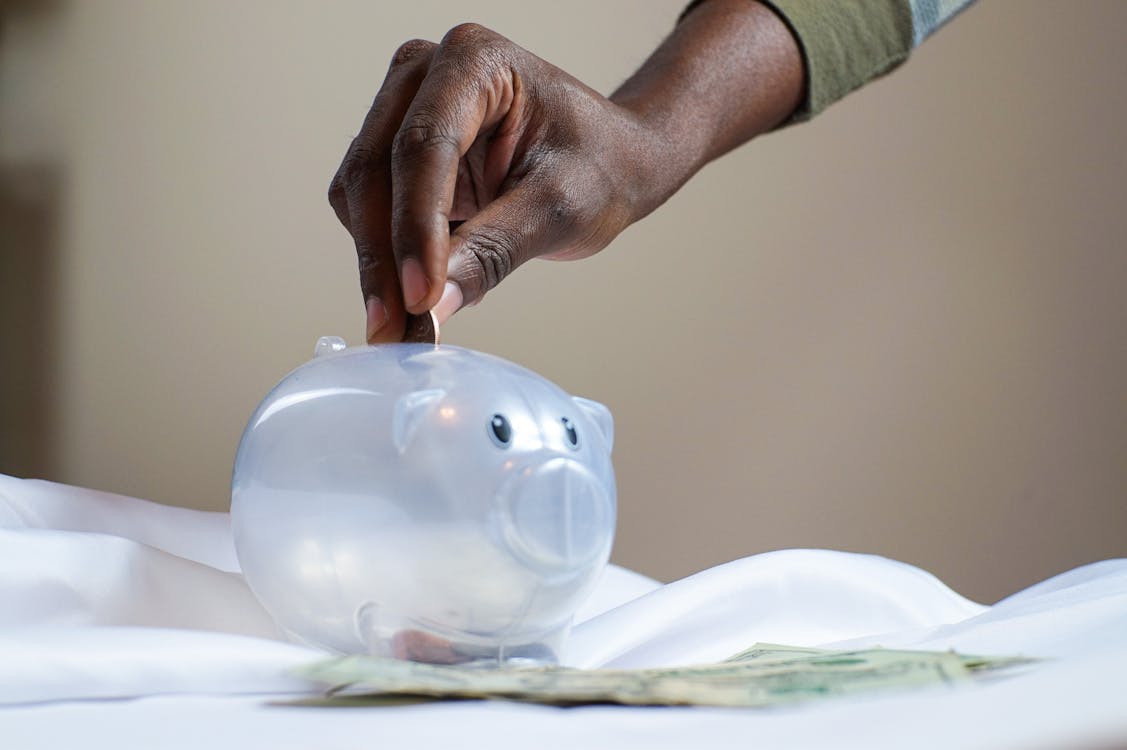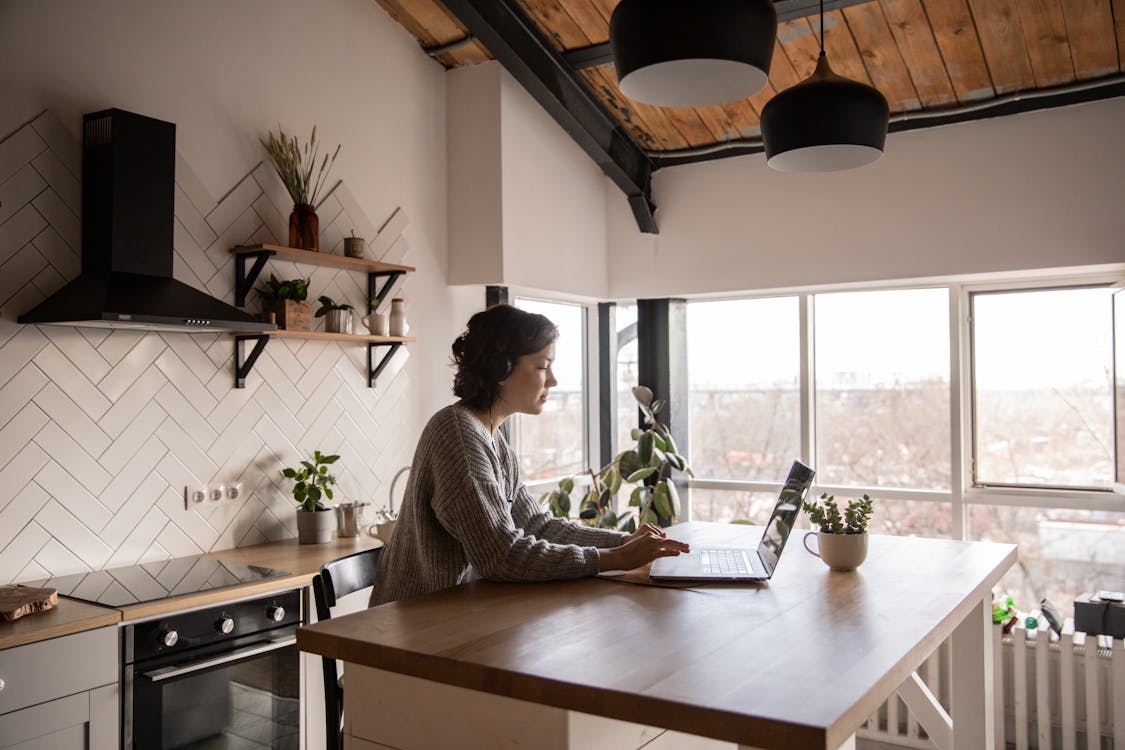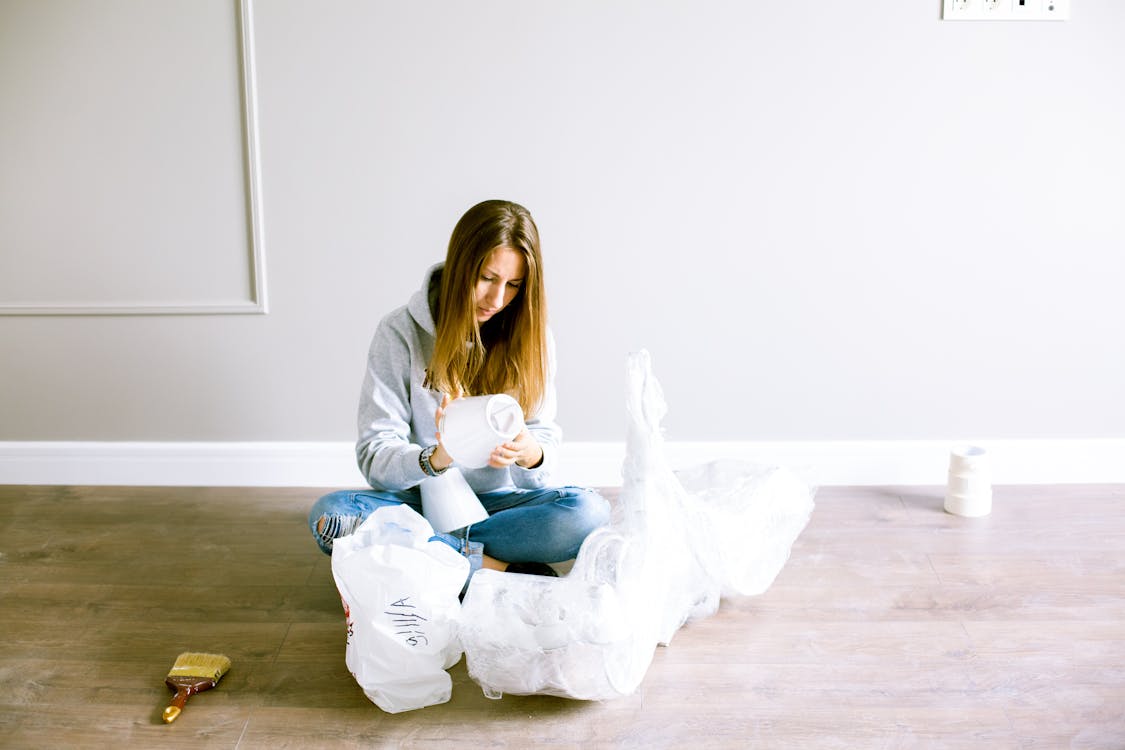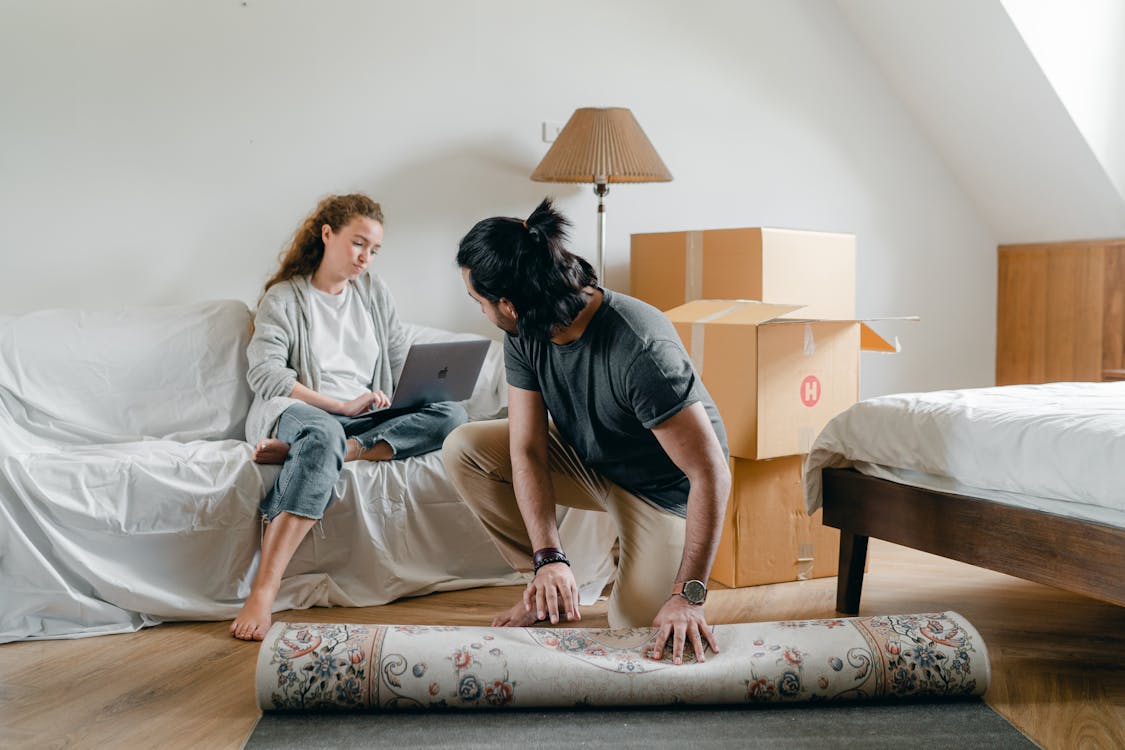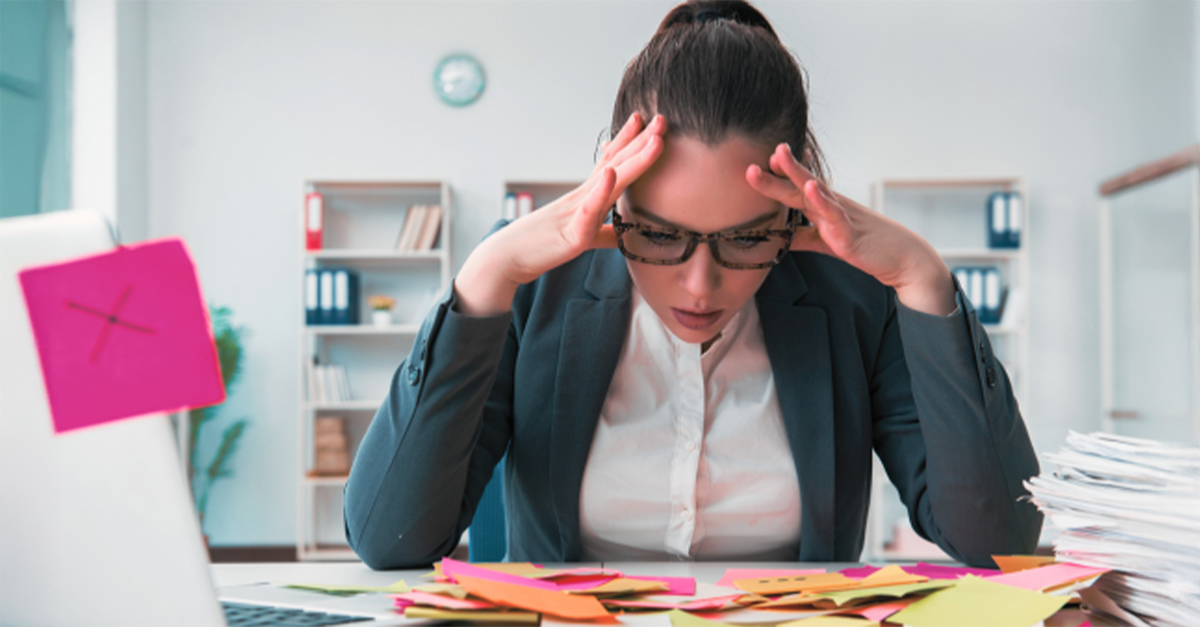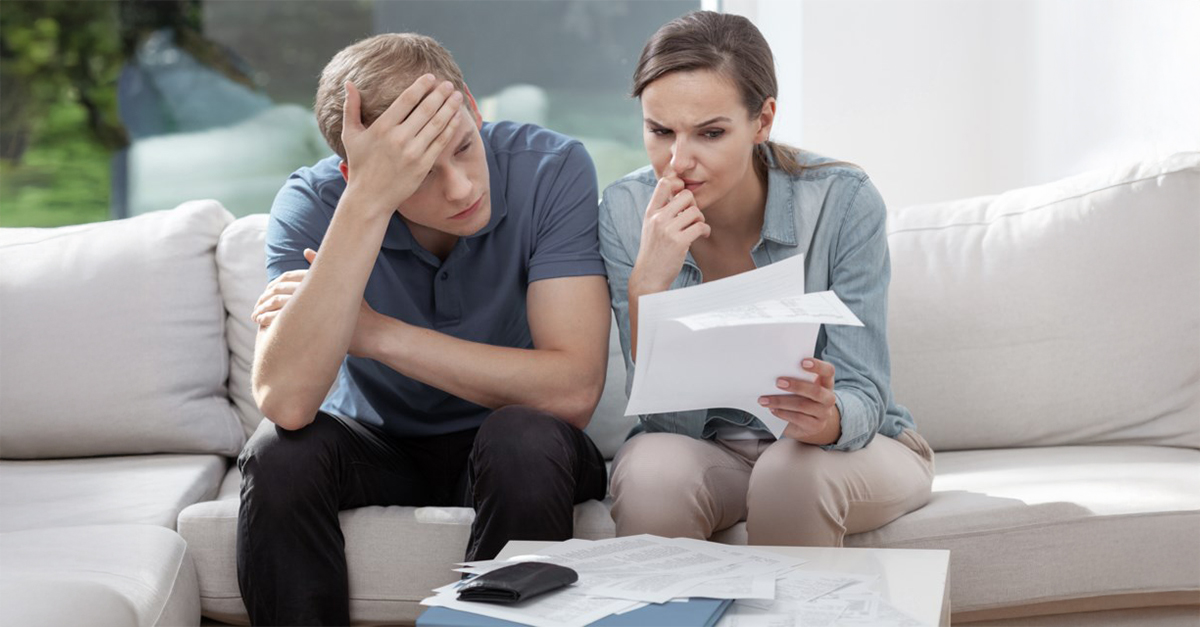One of the biggest milestones in a person’s life is when they buy their first home. Sure, there are a lot of things to include in your checklist, but the headache quickly subsides when you finally stumble on your dream house. Before you whip out your checkbook, there are a few key things to consider.
#1 Can You Afford It?
There’s no use shopping for homes with unrealistic expectations. Be honest with yourself. Can you actually afford to move out of your current location and don a homeowner’s responsibilities? Remember that you not only have to worry about mortgage payments, but any repairs are now up to you. Plus, you’ll probably want to redecorate in some way, which only adds to the expenses.
Additionally, you’ll want to think about your current living situation. Do you have children to worry about? Will your new house be able to accommodate all of you?
A good first step is to use a mortgage calculator to really see your finances. You’ll be able to map out how long your mortgage payments will last, what they’ll amount to, and your interest rates. You can also benefit from speaking with someone at your local bank about setting goals for yourself. If you’re not able to afford a house now, consultants will build a plan with you so that you can one day.
#2 Do Your Research
Naturally, you’ll want to ensure that you do your research before settling down. Is the new house close to work? How about good schools so your children don’t have to trek miles to get home? Are you located in good proximity to shops and grocery stores? What are the neighbors like? What’s the crime rate in your area?
All of these are important questions to ask yourself before signing on the dotted line. Your real estate agent will have the answers to most of these questions (or previous owners). Not to mention, you can also figure out a lot of these things on your own with a simple Google search.
#3 Little to No Repairs
As stated earlier, you probably don’t want to get bombarded with repairs when you first move in. Work with a real estate agent who’ll take you to newer, more modern homes that don’t need much work. The last thing you want is to move in and dump another couple of thousands to fix the foundation or repair the roof.
That being said, starter homes are a terrific idea if you’ve never owned a house before. Among other things, starter homes typically don’t have as many repairs to worry about as a larger home would. Maintenance is typically pretty easy, which helps grease the wheels for you when you move on to another home.
#4 What’s Most Important?
A big problem first homeowners tend to make is not thinking about the future. Of course, when you buy your first home, it’s easy to focus on the now. While you should keep yourself focused on the present, you should also look into a five or even ten-year plan. Remember that starter homes are exactly that: your first home. So, where do you see yourself in a few years? How much money will you be able to save with your mortgage and any maintenance?
Not everyone who purchases a starter home is married with children. Oftentimes, singles grab their own property, which is great. But, if you’re planning for a family and marriage, then you should take your finances into consideration. Do you want to sell your starter home when you move onto larger things? Will you keep it as a rental property to bring in some extra income? These are all questions that should be in the back of your mind.
#5 Stable Housing Market
Another great thing to keep an eye on is the housing market. Like anything, the housing market can be unpredictable and unstable. So, if the market isn’t necessarily sitting in a good place, it might not be a bad idea to hold off. The longer you wait, the more you’ll save, which may equal a larger down payment.
Additionally, you’ll want to look into neighborhood prices. If they’ve decreased over the years, chances are you’ll have a harder time selling yours when the time comes. Remember that starter homes are usually kept for only a few years before the occupant moves on. So, you don’t want to deal with a bad market.
Buying a starter home is a huge step for anyone. Be proud of yourself! But, before you make that final purchase, make sure you do the proper research. Really think about your finances, the market, and where you’re going in life. These factors all play a role in where you’ll live.


